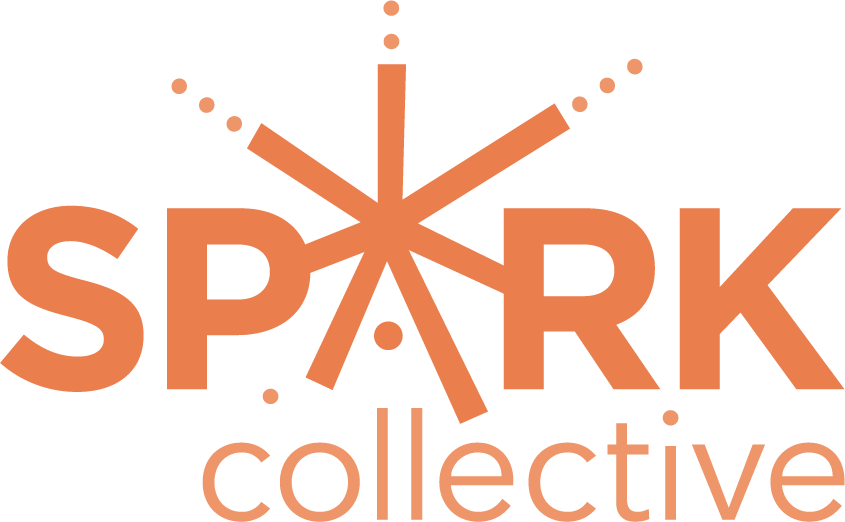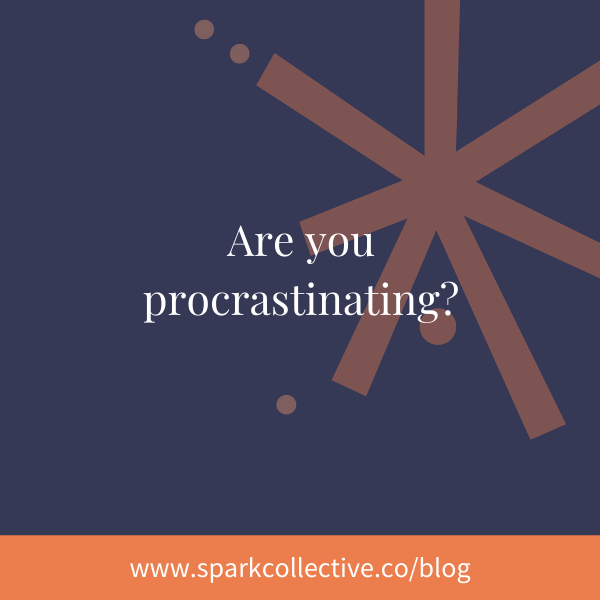Ironically, as I sat down to write reflections on procrastination, I, well, procrastinated. I made an early lunch, organized a shelf in my kitchen, and finally sat down with an unnecessarily-fussed-about cup of tea to write.
I’ve noticed over the years that I am quite good at procrastinating. If there’s a deadline, I may very well be working right up to it. Holiday gifts are almost always purchased the day that ground delivery expires. I register for the course just in time.
And I know I am not alone.
Procrastination- the pushing off of something even though we know we shouldn’t. There’s a lot of misunderstanding about what it is, and why we do it. Some perceive it as a character flaw, a tendency to be easily distracted, or a time management hurdle.
Turns out, it’s a feelings thing- we procrastinate to avoid a bad mood brought on by the task at hand, like insecurity, boredom, frustration, to name a few. And if it’s a feelings thing, we need to manage the feelings.
Unmanaged procrastination creates a nasty cycle: we avoid the thing, feel a short term boost of goodness from not doing it, but then bad feelings compound as we are still obliged to the task and haven’t dealt with the negative emotional associations that are still there when we return to it. On top of that, we feel bad for procrastinating and associate that negative feeling with the project (“I always procrastinate purchasing holiday gifts, ugh!”), compounding the negative emotions.
Chronic procrastination affects our actual productivity but can also have mental and health consequences (just a few examples: chronic stress and anxiety or hypertension). Who knew not buying holiday gifts on time was such a big deal?!
So if this is a feelings thing, let’s process the feelings. And to do that, you can:
1. Notice when you’re procrastinating and ask yourself what’s up- what might be the feeling you’re avoiding? Notice if it’s showing up in your body and how, and notice what you’re feeling compelled to do or not to do. Simply being mindful of what’s really going on can help us make better choices.
2. Forgive yourself for times when you’ve procrastinated before so that you don’t take the negative feelings of procrastinating on the first attempt into the second attempt.
3. Cultivate self-compassion for past mistakes, whether it was a mistake on the expense report that now makes you loathe them and push them off, or the perceived mistake of “always procrastinating” on the report.
4. Think about the positive possibilities when the task is completed- perhaps the benefits of the task or how it’s felt in the past to be finished with a project.
5. Since so many of us procrastinate with our devices, and our devices are often playing with our emotional state by providing quick hits of dopamine that we’re seeking when procrastinating, deal with your tech and make it harder to be distracted. For example, while writing today, I will have my email closed, phone across the room, Slack pings turned off.
Lastly, in the research about procrastination, there’s a lot to be said for taking action, no matter how small. Some research says you don’t actually have to get started but instead think about what the next step would be if you did, and that might move you to action. Or commit to 10 minutes of boring reading instead of the hour the whole assignment might take, then see what happens. After all, action leads to motivation.
What’s sparking for you?



Recent Comments